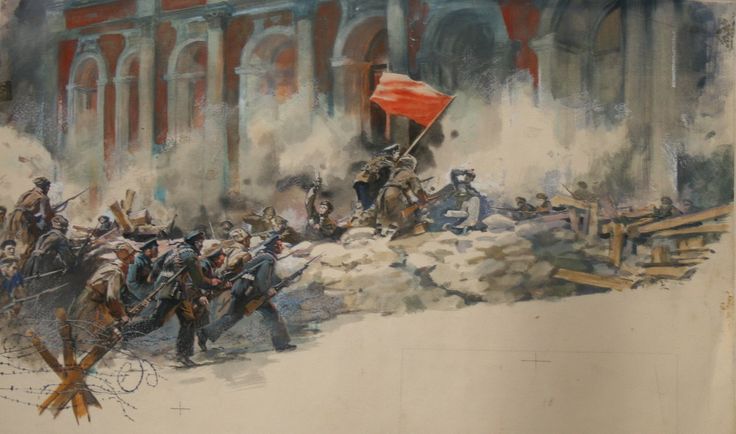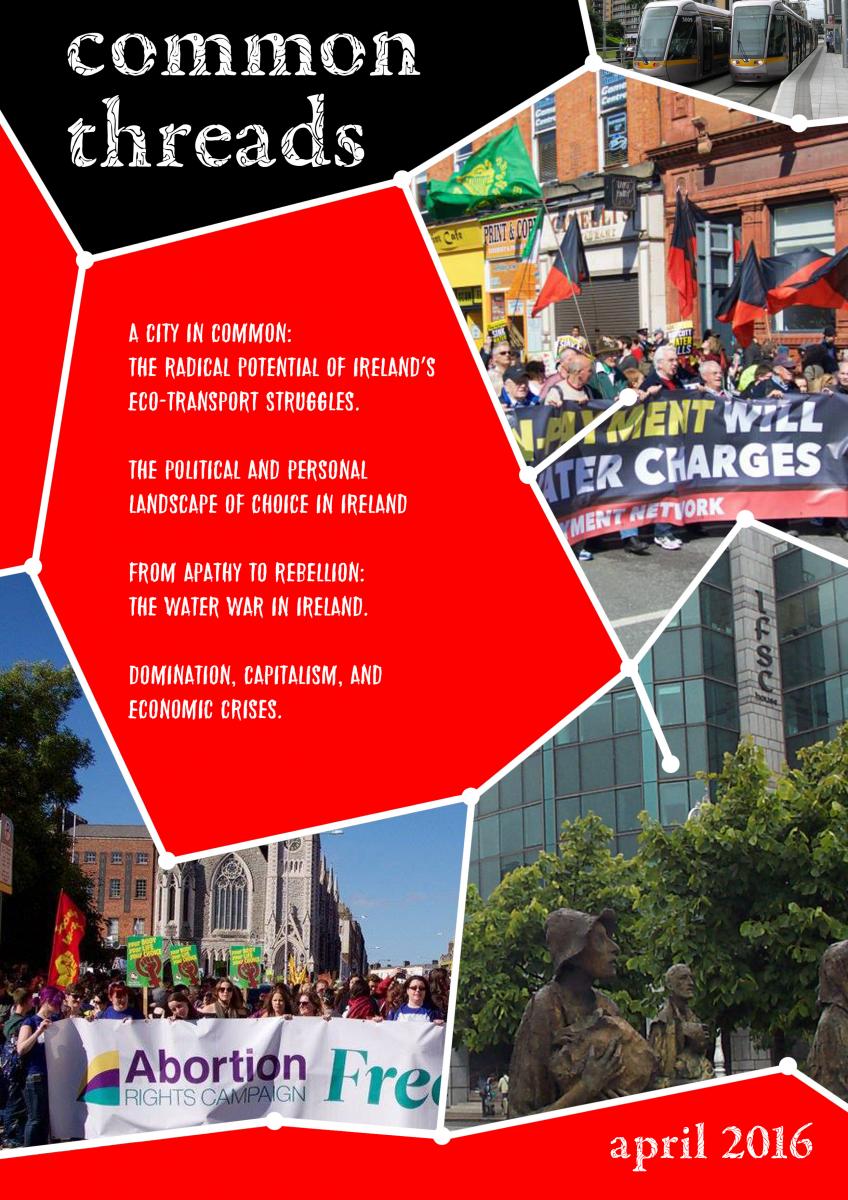Over 30 years of anarchist writing from Ireland listed under hundreds of topics
Magazine
Report on the 1995 Ruesta anarchist conference
SUMMER 1995 saw the red and black flag of anarchism flying high in the mountains of Spain. Alternative Libertaire of France organised an international meeting for libertarian socialists, anarcho-syndicalists and anarchists, which saw over 100 delegates gather at the village of Ruesta in the Spanish Pyrenees. Unlike the average holiday resort, this village is owned by an anarcho-syndicalist trade union (the Spanish CGT). Comprising two hostels, two bars, a restaurant, a campsite, a lake, a church which has been turned into a small hall for meetings, a shop and about twenty buildings in need of major renovation, Ruesta is run as a leisure centre for members of the CGT (and anyone else who wants to visit).
Incorporation of struggle - A Spoonful of Sugar
Why is it that many single issue campaigns and community groups which start out with a radical program soon end up as little more than service groups? Conor Mc Loughlin, an activist of the now defunct Portobello Unemployed Action Group investigates.
The EZLN rising in Mexico
On New Years Day of '94 people awoke to the news that four towns in the south-eastern state of Chiapas had been taken over by a group calling itself the Zapatista National Liberation Army. Dermot Sreenan, who recently presented a talk on the EZLN and organised a picket of the Mexican embassy in January '94, looks at the politics and history of the EZLN.
Marx and The State
Some Marxists claim Marx was a libertarian, and Leninism and social democracy are not really Marxist. But in doing so they ignore the anarchist critique of Marx's political ideas on the state, the party and the organisation of a socialist revolution. Conor Mc Loughlin looks at the contradictions within Marx's political writings.
Marx & the State
Freedom and Revolution: The Bolshevik Experience.
 Does the end justify the means? Many on the left believe so. Aileen O'Carroll argues that the means used play a part in creating the end that is achieved. The best example of this is the Russian Revolution of 1917.
Does the end justify the means? Many on the left believe so. Aileen O'Carroll argues that the means used play a part in creating the end that is achieved. The best example of this is the Russian Revolution of 1917.
In 1922 Emma Goldman complained Soviet Russia, had become the modern socialist Lourdes, to which the blind and the lame, the deaf and the dumb were flocking for miraculous cures(1). The Russian Revolution was the first occasion where decades of revolutionary ideas could be applied to real life. What was theory was now practice. The struggle between the two concepts of revolution - the statist-centralist and the libertarian federalist - moved from the realm of the abstract to the concrete.
The question thrown up by the October revolution is fundamental. Once capitalism has been defeated, how is communism to be achieved? While there are certainly faults to be found with aspects of the anarchist movement, at least it cannot be criticised for getting the basics wrong. Anarchists have consistently argued that freedom and democracy are not optional extras. Rather they form part of the conditions necessary for the growth of communism.
Lessons of Trade Union Fightback
Following the vote on the Programme for Competitiveness and Work at the end of March 2004, the Trade Union Fightback (TUF) campaign was wound up. Here Gregor Kerr, an INTO member who was secretary of TUF, looks at the history and lessons of the campaign.Following the vote on the Programme for Competitiveness and Work at the end of March 2004, the Trade Union Fightback (TUF) campaign was wound up. Here Gregor Kerr, an INTO member who was secretary of TUF, looks at the history and lessons of the campaign
Has Socialism A Future? The Left - Ashes To Phoenix Part 1
It has become something of a cliché to refer to the death or collapse of the left. What's still missing however is an analysis of what went wrong with the left. One that goes beyond surface manifestations, and reaches into its core politics. This lack of analysis means that much of the 'new left' is not that new at all, merely a repackaging of old ideas in new wrappers.
Syndicalism : Its strengths & weaknesses
The main organisational form in libertarian politics in 1994 was syndicalism. Alan MacSimon, a delegate to Dublin Council of Trade Unions who has also attended a European gathering of revolutionary unions looked at the potential, and limits, of syndicalism.
Common Threads Issue 1 - 2016
 The first edition of the new magazine from the Workers Solidarity Movement, Common Threads.
The first edition of the new magazine from the Workers Solidarity Movement, Common Threads.
